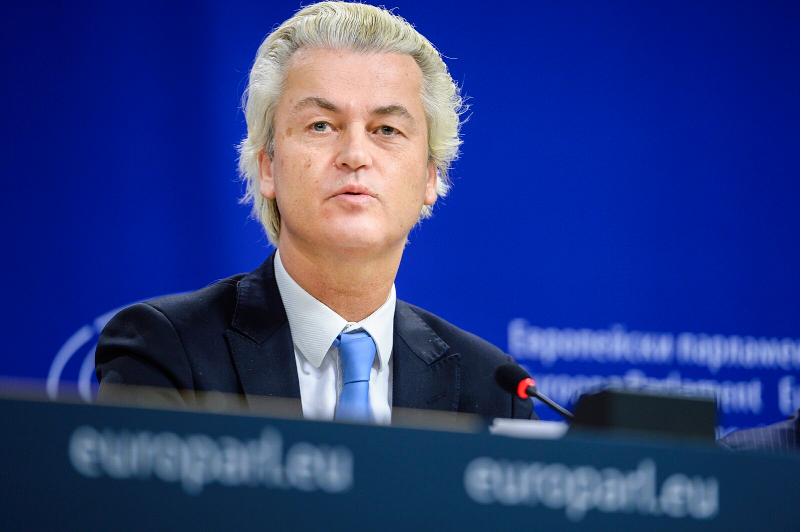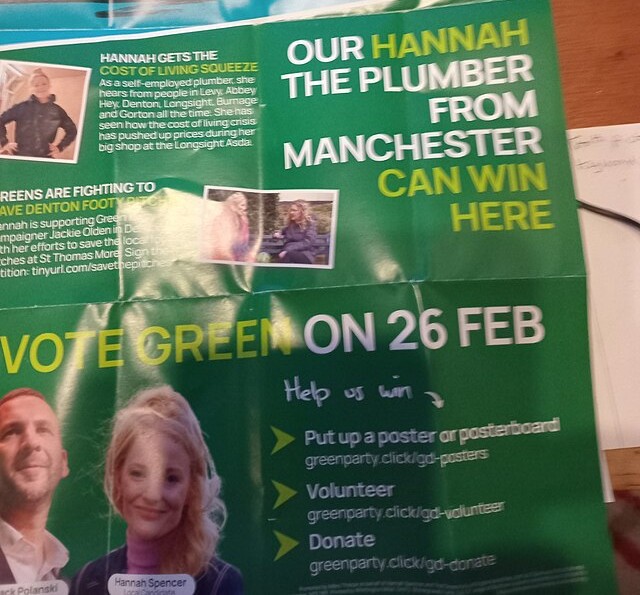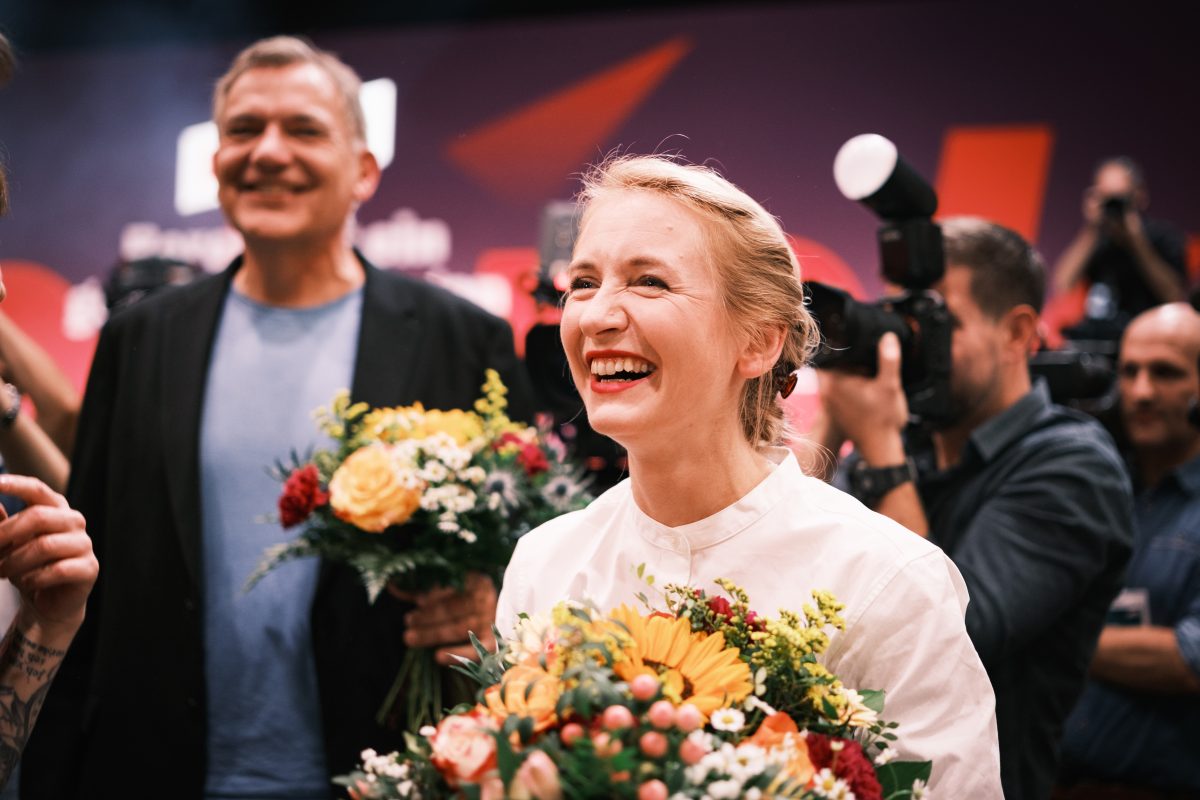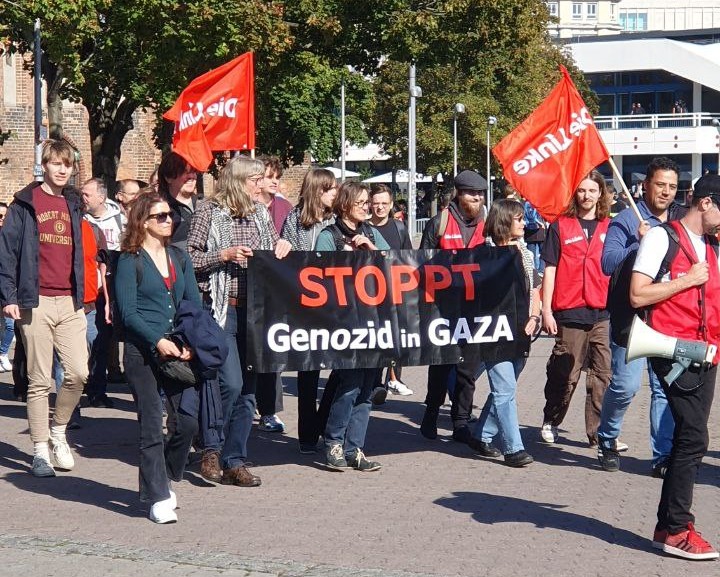The victory of Geert Wilders’ extreme right PVV did not materialise as expected. With the neoliberal-pragmatist D66 party winning in much of the urban and well off suburban areas, Wilders now shares first place in a head-to-head race that remains undecided as of yet. The other main winner of the election, the Christian democrat CDA, comes back to life after the implosion of Pieter Omtzigt’s NSC, a recent split from the Christian Democrats that decimated the party at the last election.
The extreme right, however, did not lose the election as a block. The fascist FvD, and especially the “respectable” racist split from the FvD, JA21, profited from the PVV’s losses and gained 12 seats between them. The far right in total—to which I would add the farmer/agrobusiness right BBB and the Christian fundamentalist SGP—retain a third of parliamentary seats.
The Dutch left is in an even more disastrous state than it was at the previous election. The centre-left party GLPVDA (a merger from the Dutch Labour party and the Dutch Greens) as well as the left populists SP—which has shown racist tendencies—fail to convince swathes of working class voters and lose again to a total of 13% or 20 seats for GLPVDA and 2% or 3 seats for the SP. The strategy of the greens and social democrats to join forces to be able to come out ahead in the election falls flat on its face, leaving them in fourth place and without much of a recognisable profile or convincing narrative.
The SPs economistic focus on “bread and butter issues”, opposition to the defense spending hike combined with opportunistic support for racist scapegoating of refugees and migrants leaves them in total limbo, following a consistent downward trend since 2006, when the SP still managed to gain 17% of the vote. The animal rights party PVDD, seen by many as the party with the most solid left positions, retains 2% of the vote. The party I voted for, the new but conflict ridden left and anti-racist party Bij1, unfortunately failed to gain a seat in parliament.
The silver lining I can see is that Wilders cannot claim to have won the election and that the vote for D66 expresses a need to return to “normalcy” in the face of creeping fascisation of national politics. However, the economic platform of D66 and their potential governmental partners, like the hard right liberals of the VVD, the CDA and even of GLPVDA, who have also agreed to spend 3,5 % of GDP on the military, will do nothing to solve deep seated social problems like the chronic housing shortage for working people or the decimation of public services. There is therefore all the more reason to worry that the extreme right will grow even more in the coming years, absent a groundswell of authentic and self-confident left movement from below.




